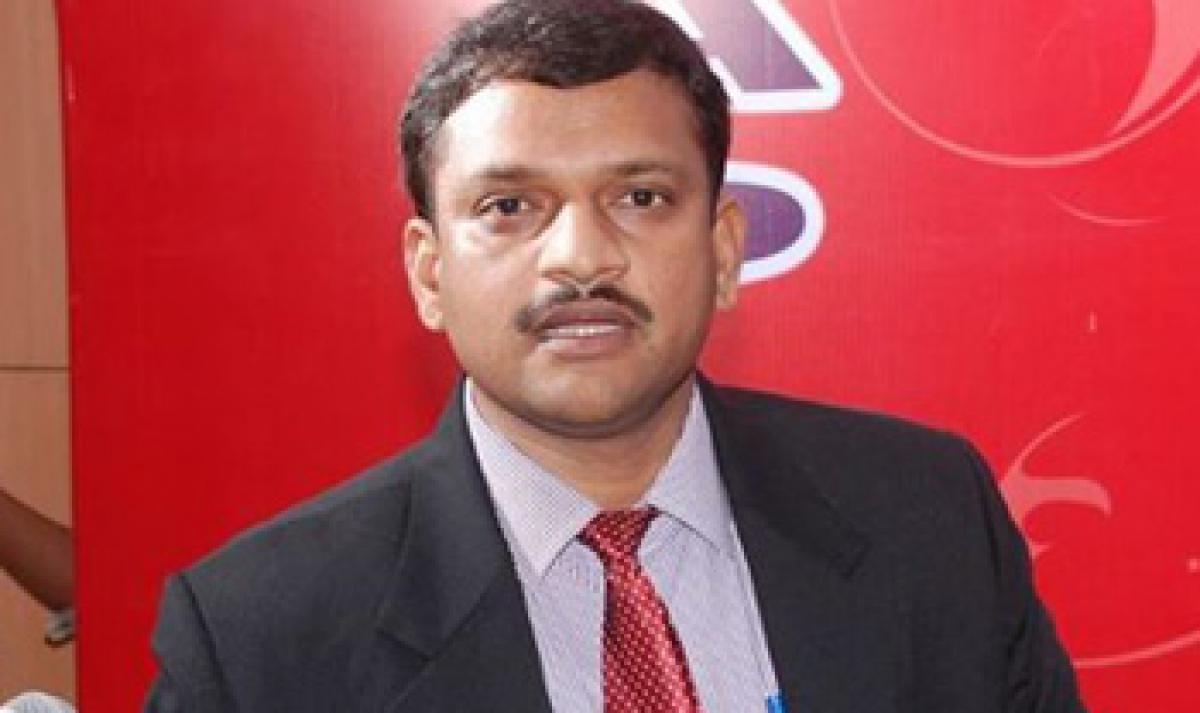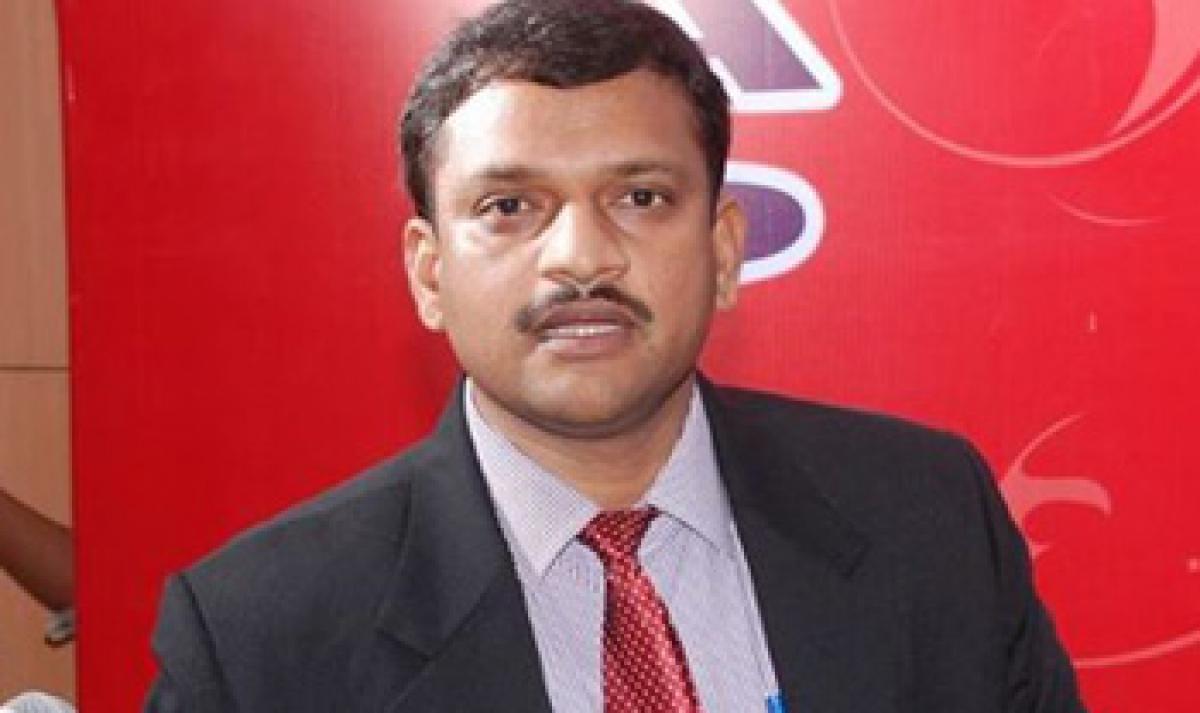Live
- Borrowing cost still stressful: FM
- Gold rates in Delhi today surged, check the rates on 19 November, 2024
- Lagacharla women pour woes at NHRC
- Delhi’s Air Quality Hits Hazardous 500 Mark: Pollution Crisis Disrupts Life and Health
- Desist from spreading lies against survey: Ponguleti to BRS leaders
- Allu Arjun’s ‘Pushpa 2’ Breaks Records with Its Television Rights Deal
- OU Prof Arjuna Rao elected president of SIHC, VIT
- Gold rates in Hyderabad today surges, check the rates on 19 November, 2024
- Jaishankar Meets Chinese FM In Rio: First High-Level Talk Since October Border Deal
- Chinese National Arrested In Delhi For Rs 100 Crore Multi-State Cyber Fraud Operation
Just In

Educating children on organ donation crucial. Almost six lakh critically ill patients die every year due to organ dysfunction. With 70 per cent of India’s 1.4 lakh accident victims being diagnosed as brain dead annually, the country has nearly 80,000 potential cadaveric organ donors. Yet, too few of them translate into actual donors.
 Almost six lakh critically ill patients die every year due to organ dysfunction. With 70 per cent of India’s 1.4 lakh accident victims being diagnosed as brain dead annually, the country has nearly 80,000 potential cadaveric organ donors. Yet, too few of them translate into actual donors.
Almost six lakh critically ill patients die every year due to organ dysfunction. With 70 per cent of India’s 1.4 lakh accident victims being diagnosed as brain dead annually, the country has nearly 80,000 potential cadaveric organ donors. Yet, too few of them translate into actual donors.
Dr G Sridhar, Consultant Nephrologist, Global India, Hyderabad says, “With a huge shortage of organs, majority of patients die on waiting list for an organ. In India less than 1 per cent of the brain dead organs are utilised, while 99 per cent are wasted due to lack of an organised and centralised system.”
India neither has enough deceased donors, nor has a comprehensive system to ensure willing donors are put in touch with needy patients in time. Lack of awareness about donation, deficiency of understanding about brain death, paucity of transplant coordinators, myths and an overall absence of policy priority to organ donation are factors that pose challenge to the organ donation mechanism in India.
Dr Sridhar says, “In India, category of people who pledge their organ to be donated is virtually non-existent. There is very little awareness about organ donation and how it works. The main cause is lack of consciousness or understanding of how important a donation can be for a person struggling for life. Until a person or a family actually experiences the situation of the organ failure, they have little knowledge about this.”
Any solutions?
Dr Sridhar advocates formal teaching of cadaver organ donation and concept of brain death, at the secondary school level to educate people from an early stage. In the past we have seen major public campaigns to encourage people for cornea donation, and the campaigns have yielded results.
While more people today donate eyes willingly, the same is not true for other organs. The government would do well to launch a major awareness campaign for organ donation, much on the lines of campaigns for eye donation and polio vaccination through the mass media and all government offices and hospitals.
“Brain death is not reversible and there is no chance that the person will survive without life support or would revive. However, since the person is breathing and his/her heart is still beating, it is very difficult to convince family members that the person is officially dead and needs to be pulled off the ventilator,” says Dr Sridhar.
It has been observed that even in some cases when the deceased has pledged their organs, the family refuses to give consent because of non acceptance of brain death as death. Over 1 lakh people are fatally injured in accidents in India, a bulk of them brain dead. Yet, hardly any cadavers are utilised for organ harvest. Promoting the concept of ‘Donor on Driving License’ is also a good idea.

© 2024 Hyderabad Media House Limited/The Hans India. All rights reserved. Powered by hocalwire.com







